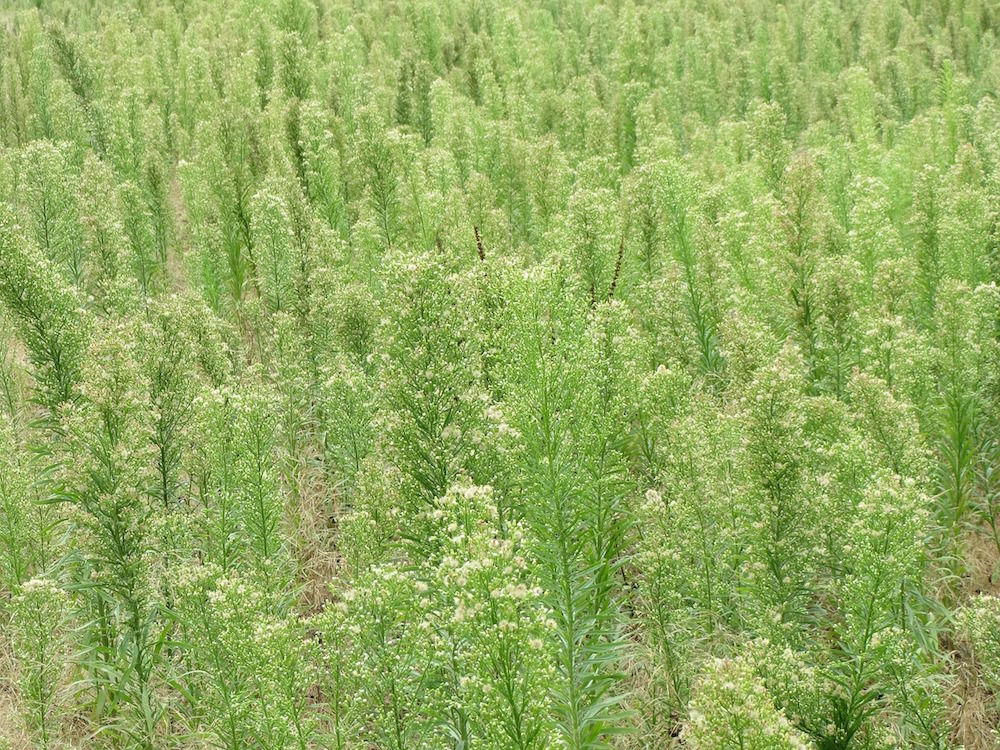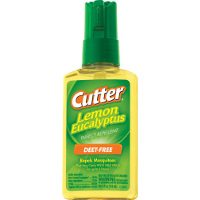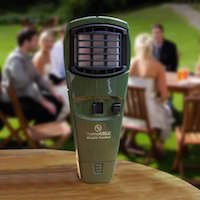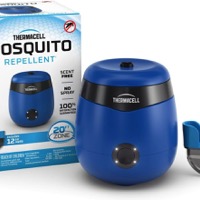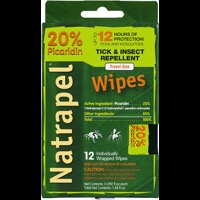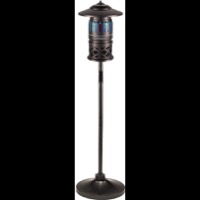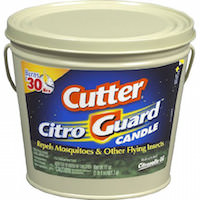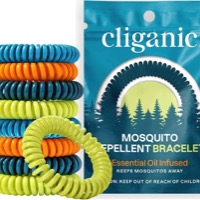Mosquito Repellent Plants
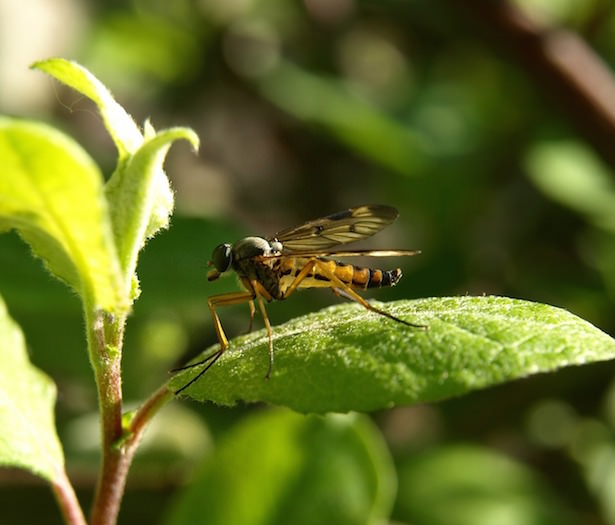
By Jess Simmonds, Expert Reviewer for Repellent Guide
published: Feb 05, 2018 | updated: Feb 08, 2018
There are several plants that can have mosquito repellent scents. Normally the plant itself won't be enough to keep mosquitoes away, but plant extracts from them can be used as repellents. One of the most commonly used plants is Citronella. It's extracts are used in creams, sprays and even candles.
There are over 20 plants and herbs that can help to reduce the occurrence and the nuisance of mosquitoes. However, unlike DEET and other man-made insect repellents, plants with repellent properties often take some loving care in order to make them active. For example, simply waving a twig of rosemary in front of a mosquito may not be enough to keep him away from your body. However, if you were to dawn a coat of rosemary oil or to lavish your body in the scent of peppermint you will have great chance of deterring your pesky neighbors.
In order to actually repel mosquitoes for a prolonged amount of time, you will need to continually apply a layer of the repellent to your skin. One dose will usually wear off quite quickly, unlike more powerful repellents such as DEET that last far longer.
One of the best ways to abstract oil from plants is to boil larges amounts of the plant in very little water. The boiling will put oils from the plant through osmosis and will mix with the water in order to create a diluted, yet homemade, insect repellent.
Repellent plants
Citronella
One of the most commonly used natural repellents - Citronella is a grass with a strong scent that naturally repels mosquitoes. You may choose to grow Citronella grass around your garden, house and patio as a natural repellent. For maximum effect use Citronella extract on your skin in a homemade repellent. If you have no interest in growing your own you can easily buy Citronella oil and make your own repellents from it.
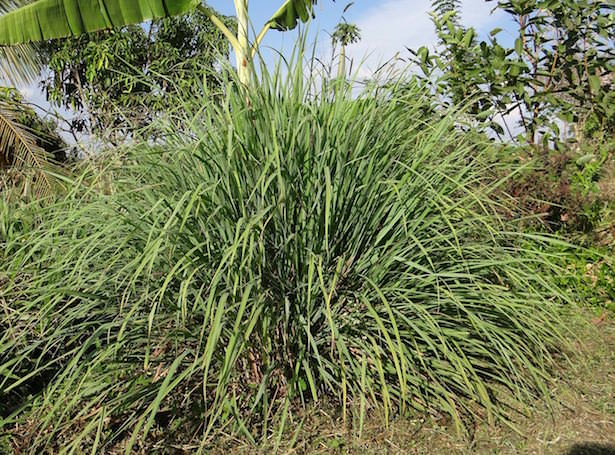
Catnip
Not only do Cats love Catnip - it's also a highly effective mosquito repellent, studies have shown it to be as effective as DEET in some situations.
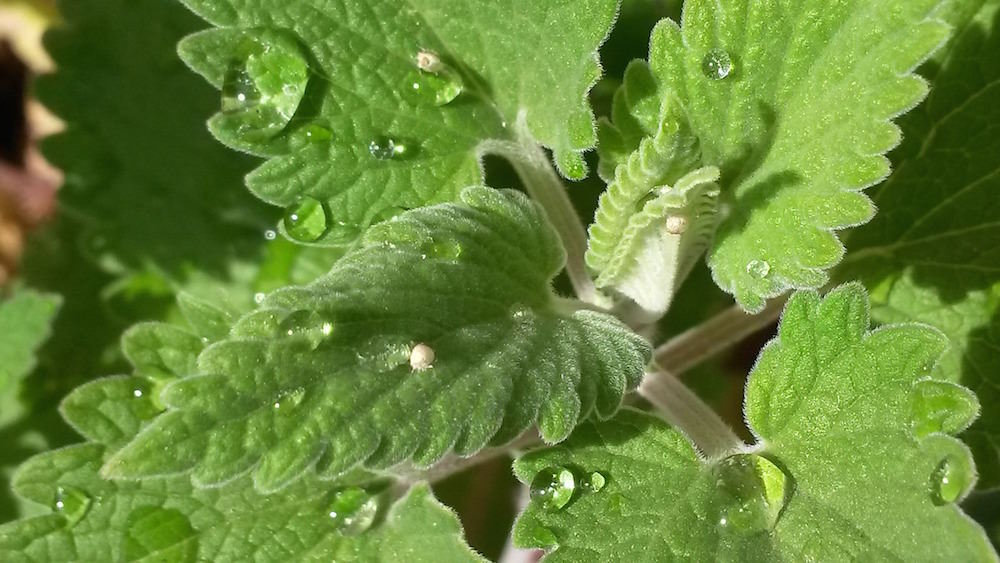
Marigolds
Marigolds not only make an attractive flower bed plant - they can also be used to make homemade repellents. Marigolds contain Pyrethrum which is an active ingredient in mosquito repellents.
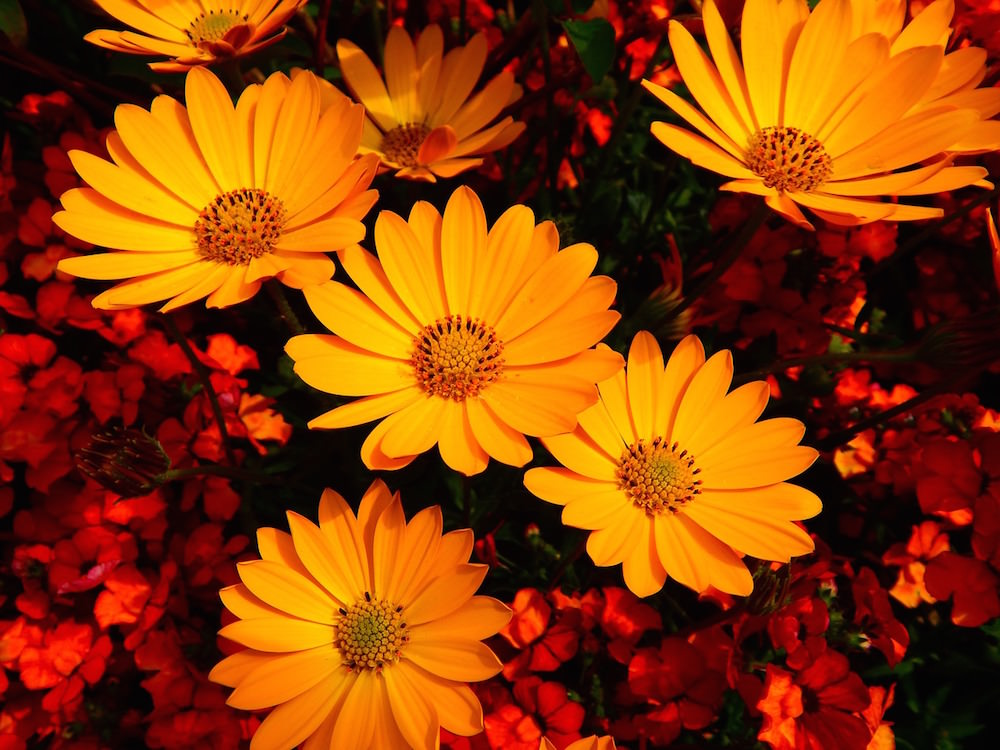
Basil
Basil is not only a great herb for your favorite dishes - it's also effective in repelling mosquitoes.

Lavender
One of the most relaxing scents for us humans is luckily equally repelling for our little blood sucking friends. Plant copious amounts of lavender around your garden and use the lavender extract in natural homemade repellents.

Peppermint
Again just as humans love the smell and taste of peppermint, our mosquito friends seem to feel the opposite, it's a great natural insect repellent.

Garlic
Garlic is not only an essential ingredient in many food dishes it happens to also repel mosquitoes, use garlic oil on the skin to keep the pests at bay.

Pennyroyal
The Pennyroyal flower not onlys looks great in your flowerbed or in a pot by the patio - it's a natural mosquito repellent too.
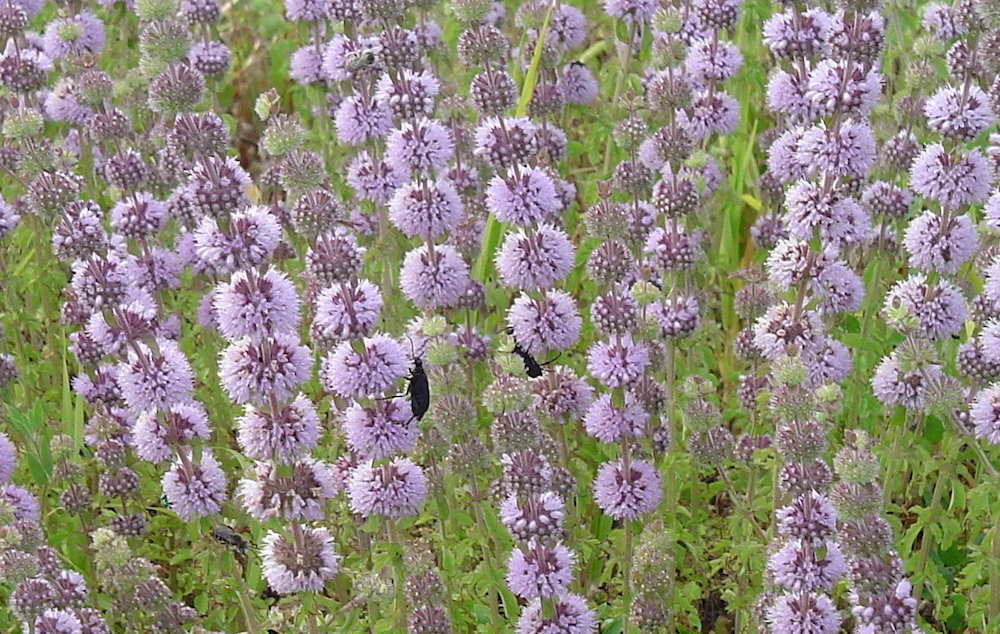
Rosemary
Rosmarinus officinalis – is a fragrant herb with a lovely aroma. Dry the leaves and flowers for a repellent potpourri or crush and boil rosemary to extract the oil for use in mosquito repellent sprays.

Geranium
Geranium flowers are a great choice for hanging baskets and have a lovely scent loved by humans and hated by mosquitoes.
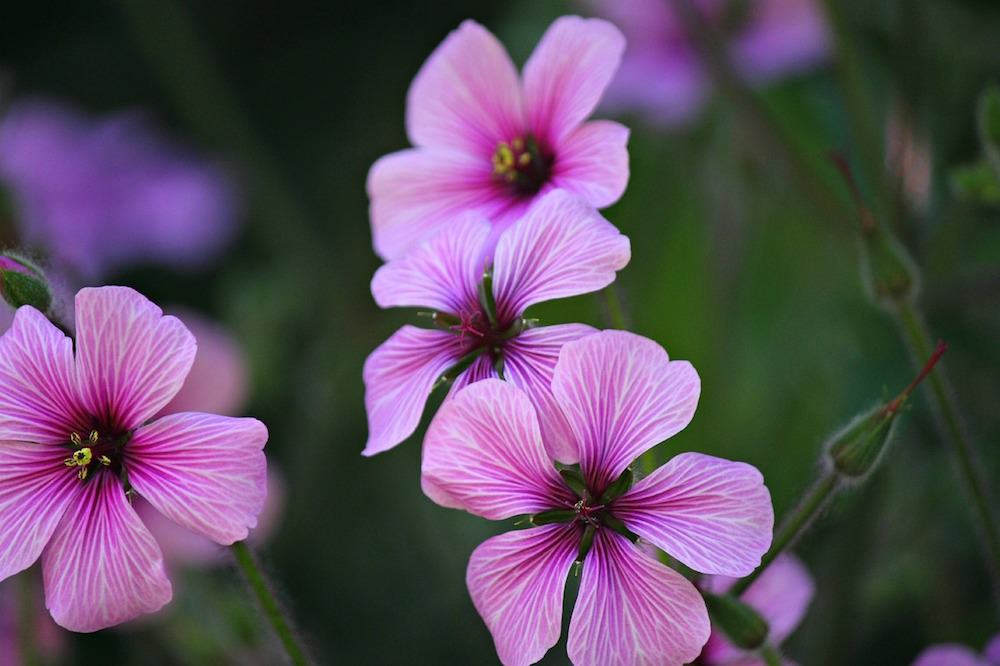
Bee Balm or Wild Bergamot
Monarda fistulosa - Bee Balm or Wild Bergamot flowers make a pretty addition to any flowerbed and not only attract bees as the name suggests but also beautiful Humming Birds. Not only that the flower scent and leaves when crushed can be used in natural mosquito repellents. Use with caution in repellents as it can irrate the skin in large quantities.
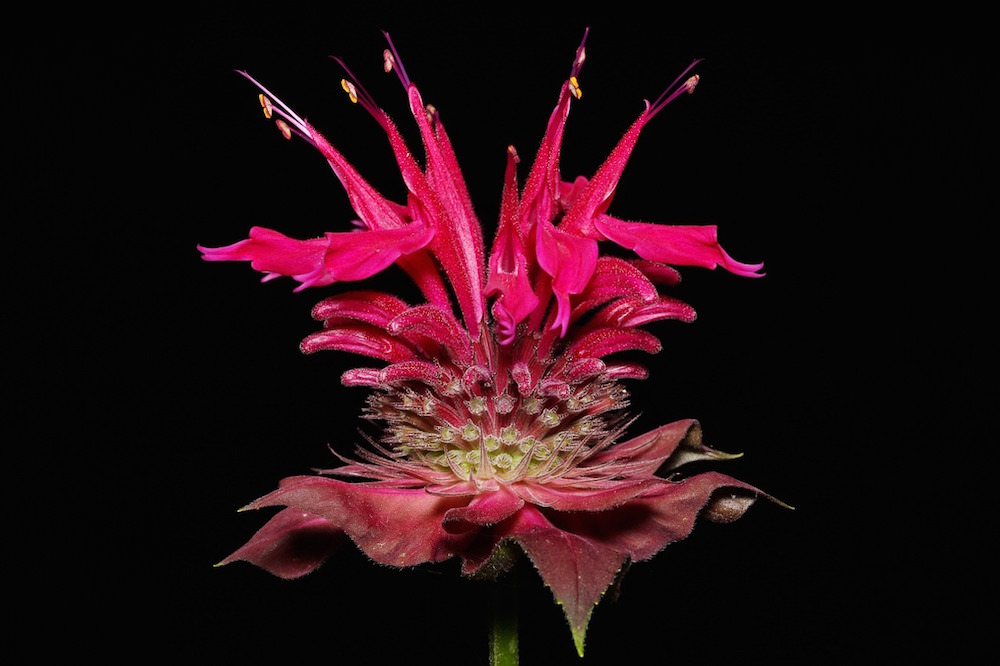
Cadaga Tree
The natural scent from the Cadaga tree can act as a detterent for mosquitoes, making them a great choice for wooded areas of your garden.
Catmint
There are around 250 species of Catmint, one of them Catnip is known for driving cats crazy with happiness. Catmint generally can be used a a natural repellent, the flowers give off a repellent scent that keeps away aphids, insects and mosquitoes.
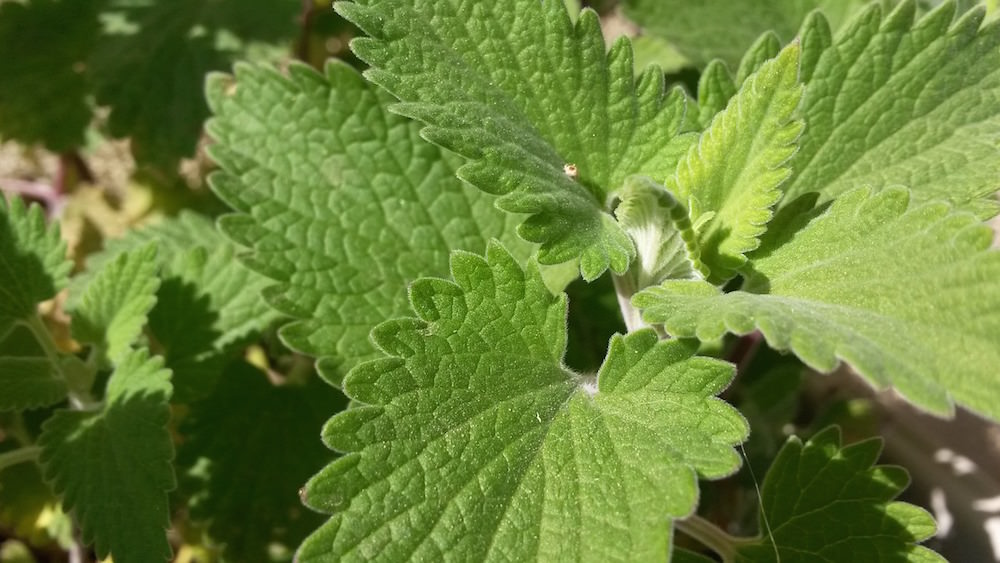
Cedars
Thuja occidentalis – White cedar trees are found in parts of Northern America. A Cedar extract essential oil has insecticidal properties and may be used as a mosquito repellent.
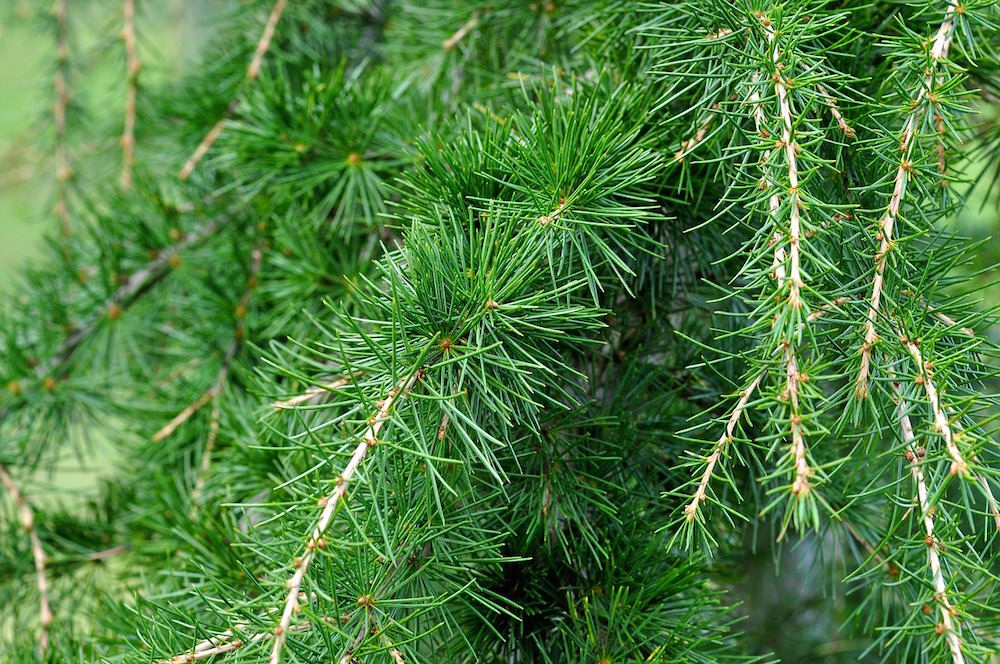
Cloves
Syzygium aromaticum – Cloves are the aromatic flower buds of a tree in the family Myrtaceae, when dried they are often used as a spice when cooking. Dried cloves may also be used as a natural ant and mosquito repellent.
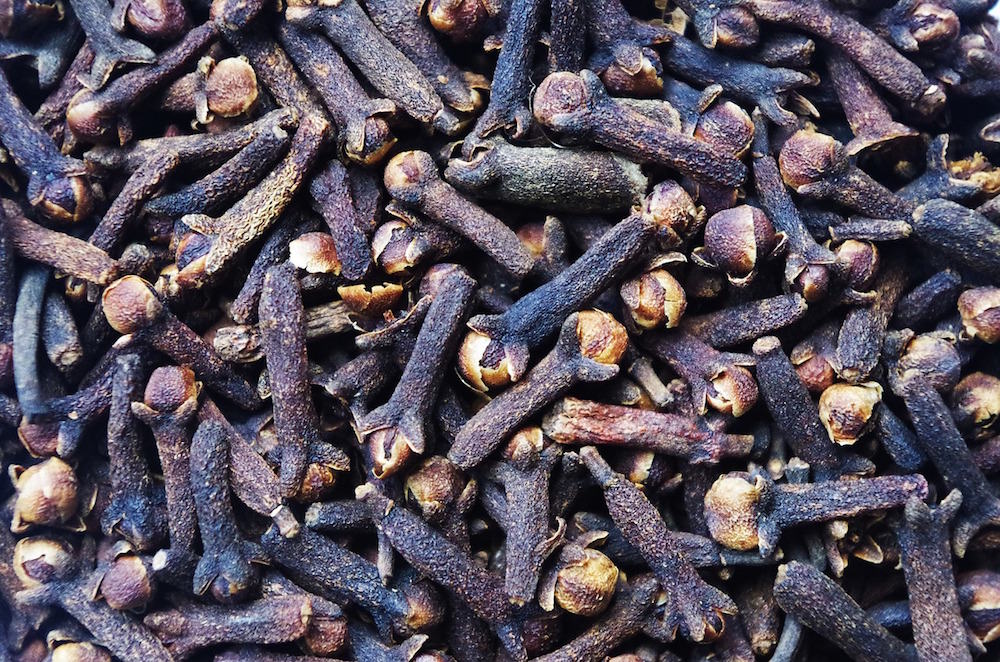
Floss Flower
Ageratum – This beautiful fluffy flower has a mosquito repelling aroma. Be careful though it's known to be toxic and can produce potentially cancerous liver lesions.
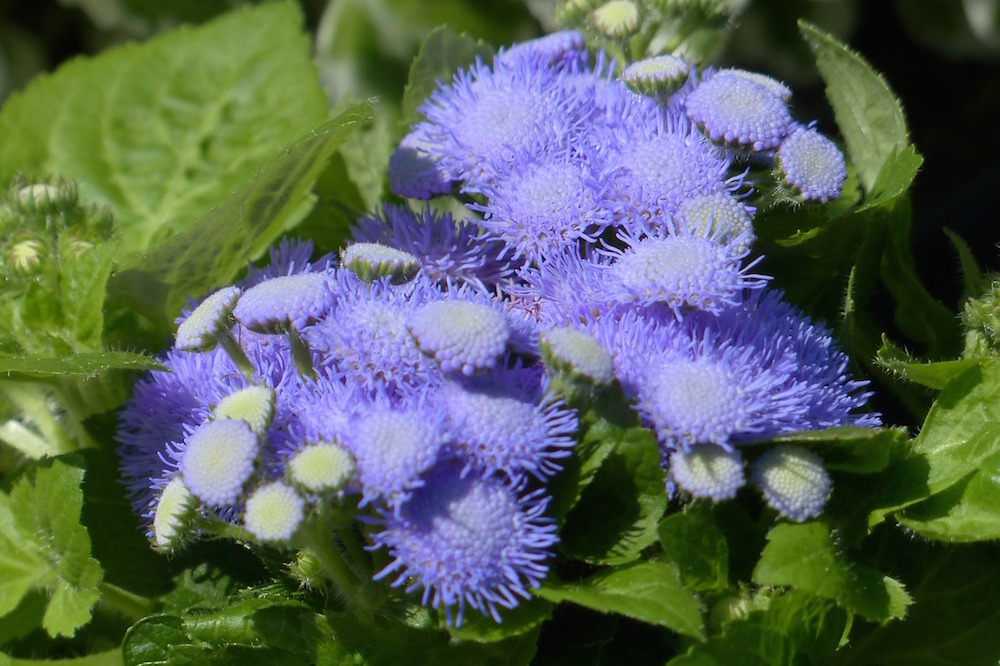
Lemon Balm
Melissa officinalis - also known as mint balm is a herb in the Mint family with a pleasant calming lemon scent. Very easy to grow, Lemon Balm is a hardy plant that can be grown almost anywhere. Lemon Balm essential oil has been used in aromatherapy and demonstrated to be an effective stress reliever. Not only that the crushed leaves, when rubbed on the skin make a great mosquito repellent. The Lemon balm essential oil mixed with Citronella oil makes a lovely scented repellent.

Lemon Scented Geranium
Pelargonium crispum – has a lovely aromatic lemon scent that can be used as a mosquito repellent. Take the flower and leaves and dry for use as a mosquito repellent Potpourri.
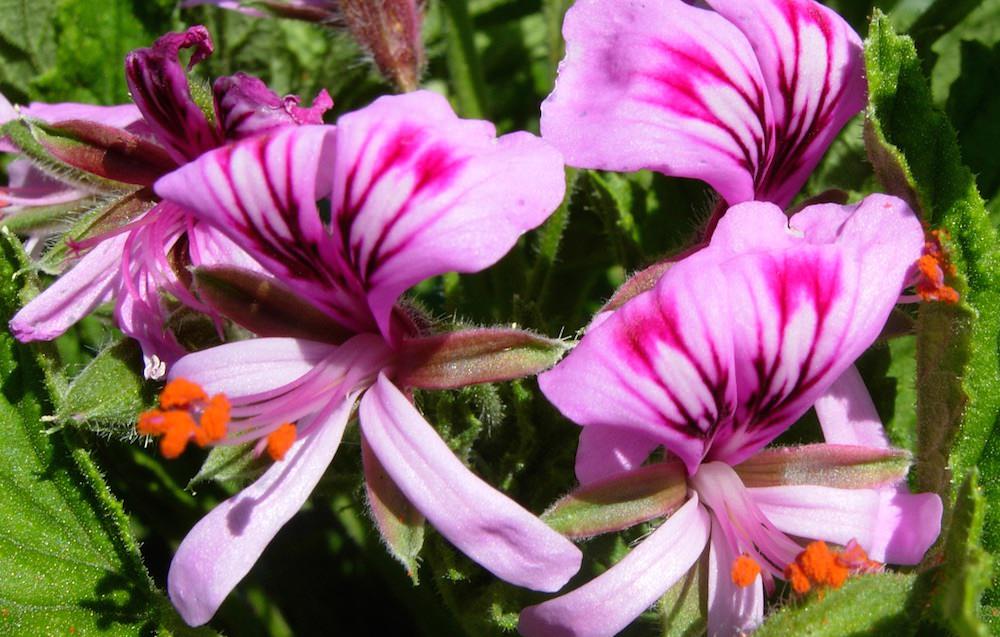
Lemon Thyme
Thymus vulgaris – also know as just Thyme has a naturally repellent lemon scent.

Lemon Verbena
Aloysia citrodora – has a lovely aromatic lemon scent that can be used as a natural mosquito repellent.
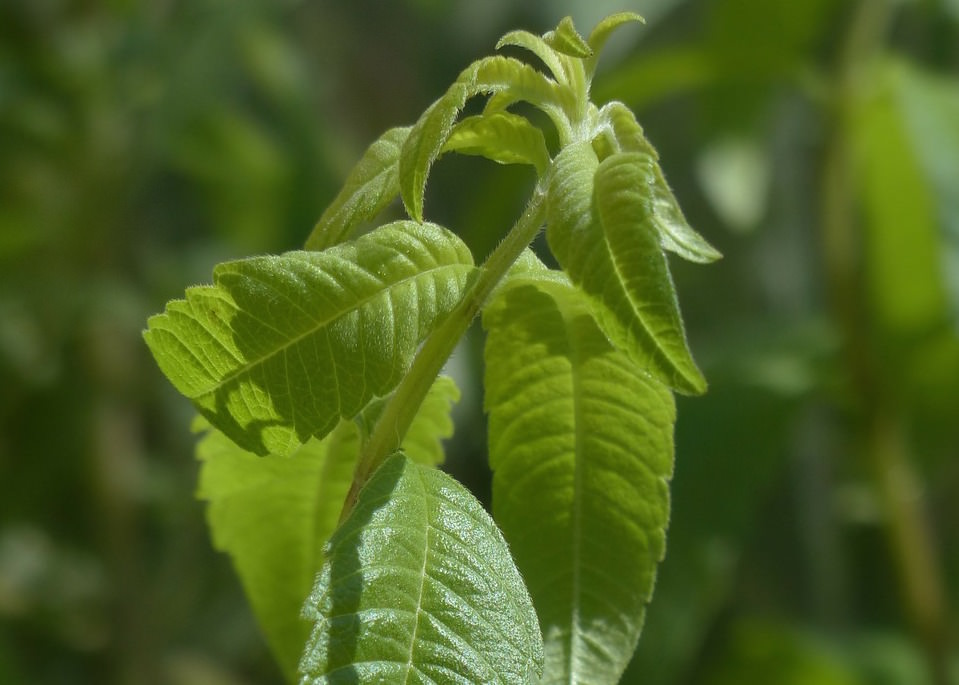
Mexican Marigold
Tagetes lucida – dried marigold flowers are burnt to keep away mosquitoes.
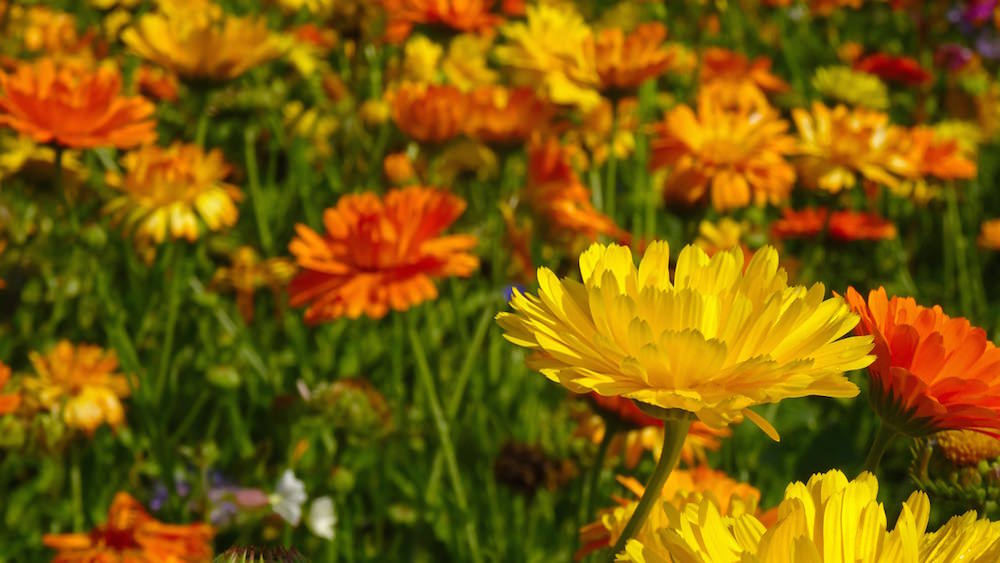
Eucalyptus
Eucalyptus essential oil from the eucalyptus tree is a natural insecticide ideal for use in homemade mosquito repellents.
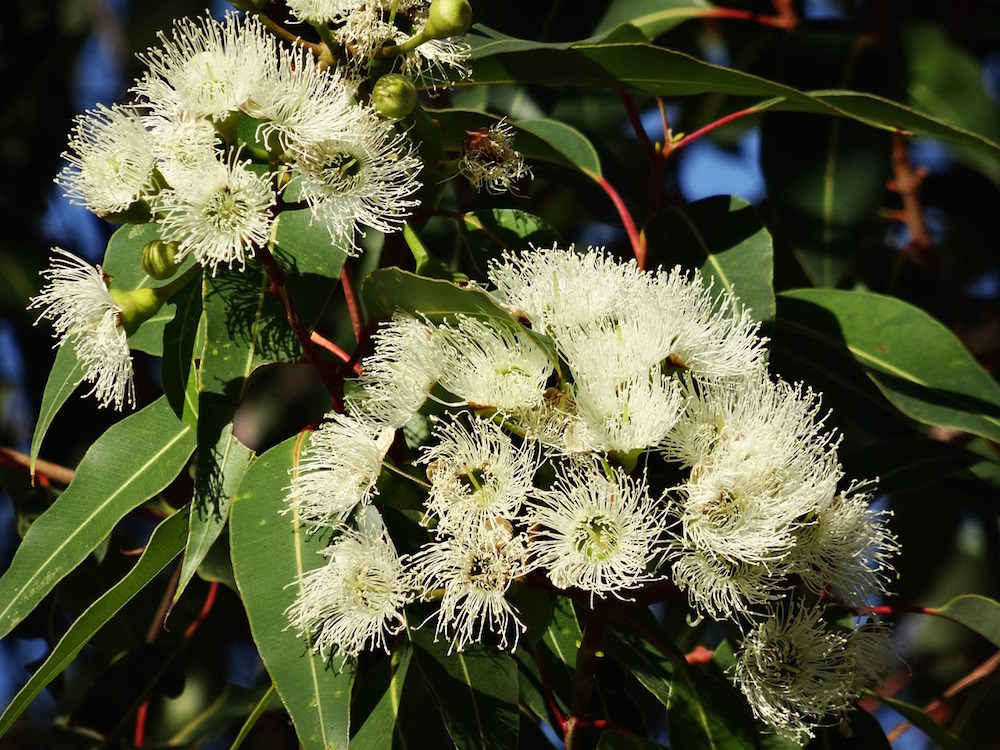
Nodding Onion
Allium cernuum – typically grows in dry areas, it's strong scent can be used as a mosquito repellent.
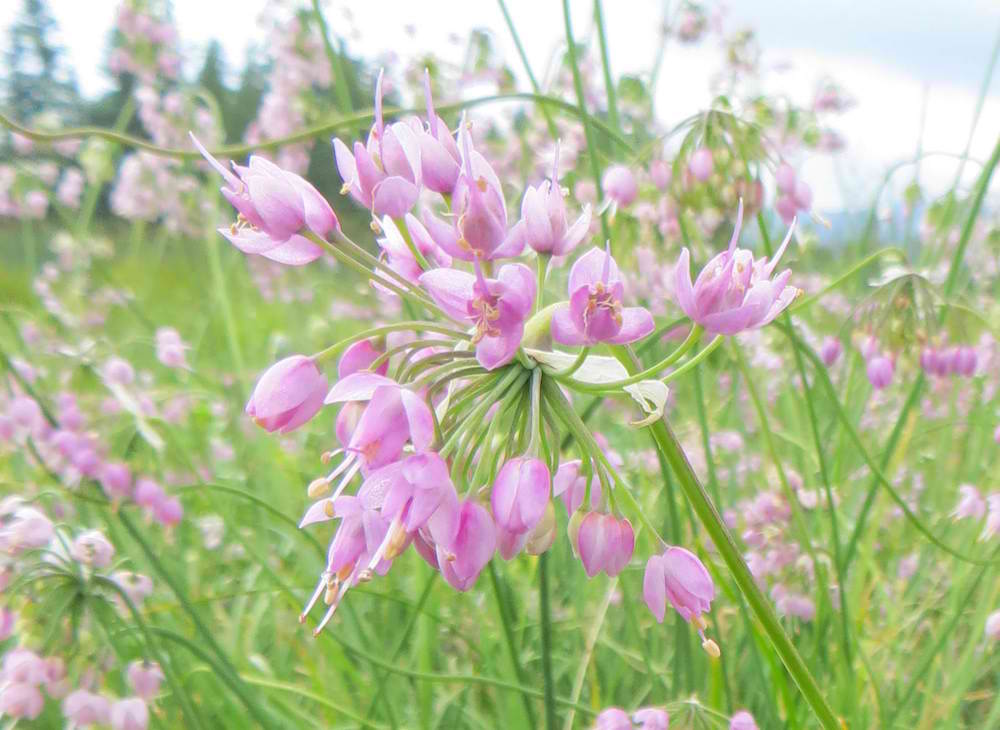
Pineapple weed
Matricaria discoidea – when dried has a sweet pineapple like aroma that may be used as a natural mosquito repellent.

Pitcher Plant
Nepenthes alata – is an insect trapping plant that actually digests any insects it catches. So rather than repelling mosquitoes - it will actually feed upon them!
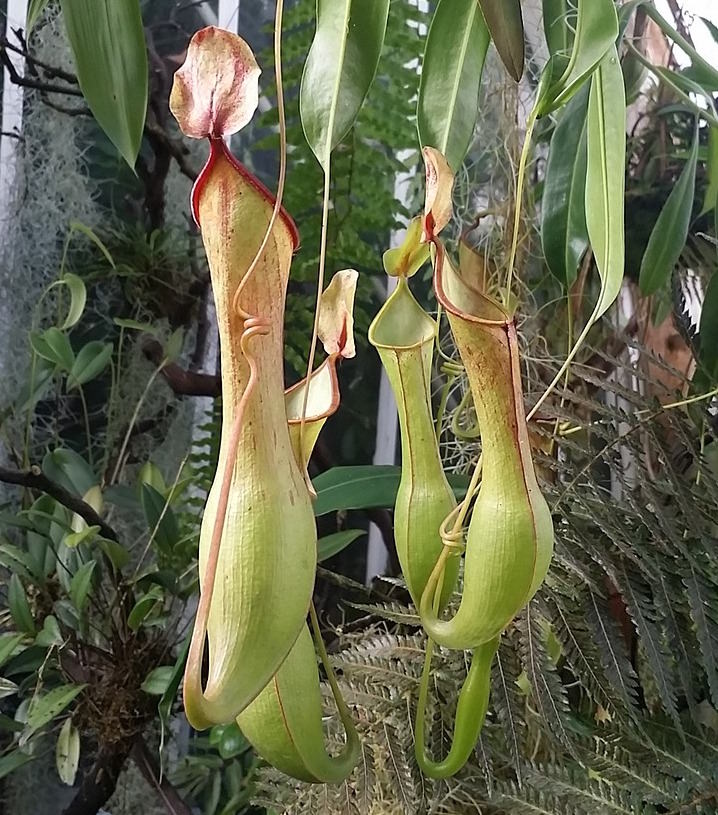
Wormwood
Artemisia – the plants of the daisy family can be dried and crushed to act as a natural repellent.
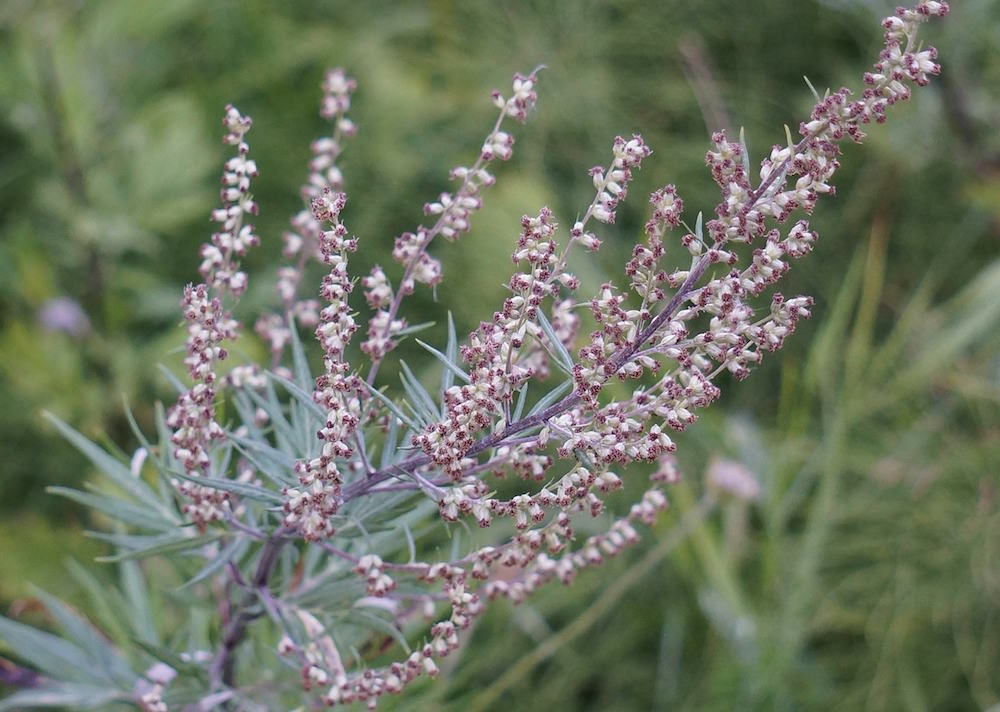
Snowbrush
Ceanothus velutinus – is a shrub that can grow up to head height, it has small white flowers with a pleasant aroma. The dried crushed leaves and flowers can be used as a natural mosquito repellent.

Sweet Fern
Comptonia peregrina – the dried leaves of the Sweet Fern have a strong pleasant scent that can be used as a mosquito repellent.
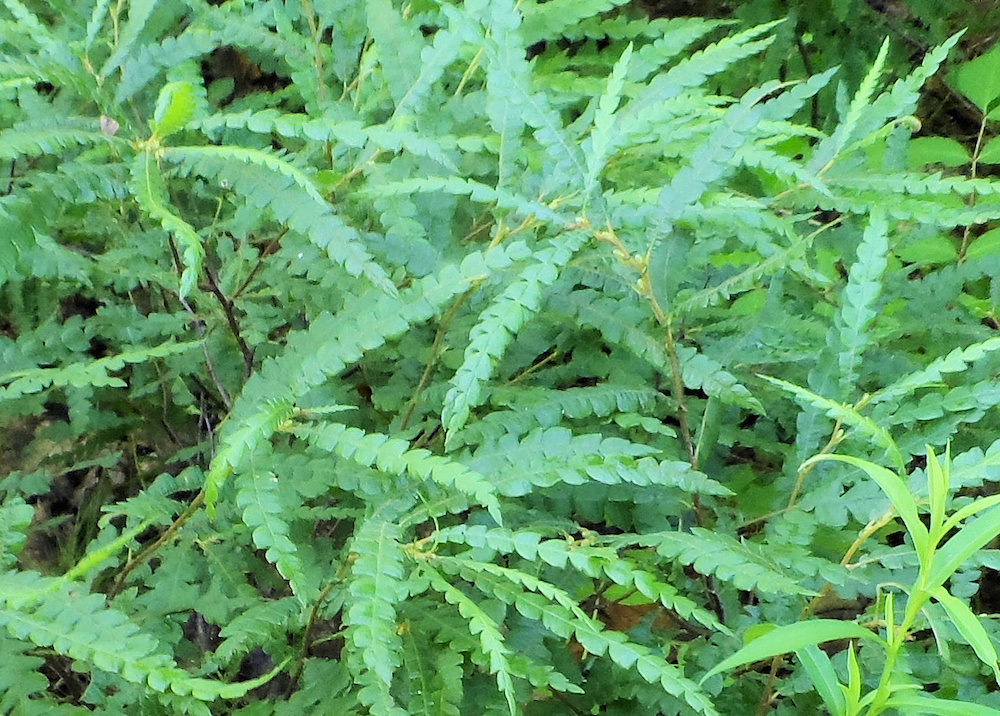
Tansy
Tanacetum vulgare – the Tansy has a pretty yellow flower and grows pretty much any where. The plant has long be used for medicinal purposes - most of which have now been discredited. The use of the Tansy as an insect repellent and mosquito repellent has been shown to be effective in recent studies. For centuries Tansy plants were incorporated into coffin linings to repel certain worms. Use with caution on the skin since on some sensitive people Tansys can cause contact dermatitis (a skin irration).
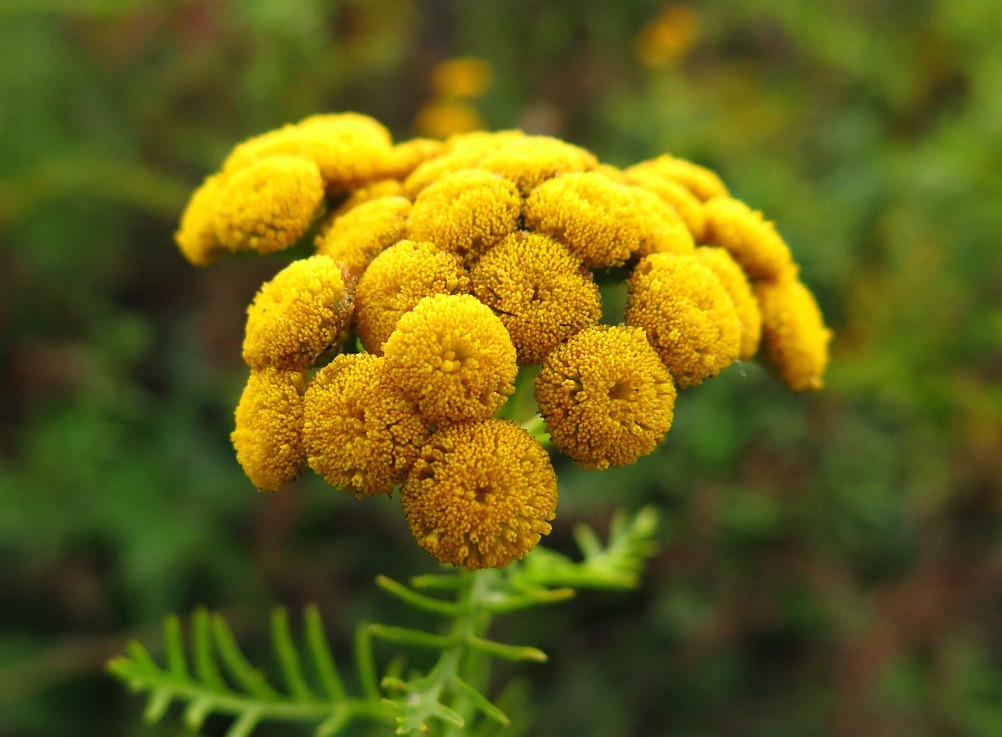
Tea Tree
Tea Tree oil can be applied to the arms and legs as an effective mosquito repellent, it's also a natural anti-bacterial agent.
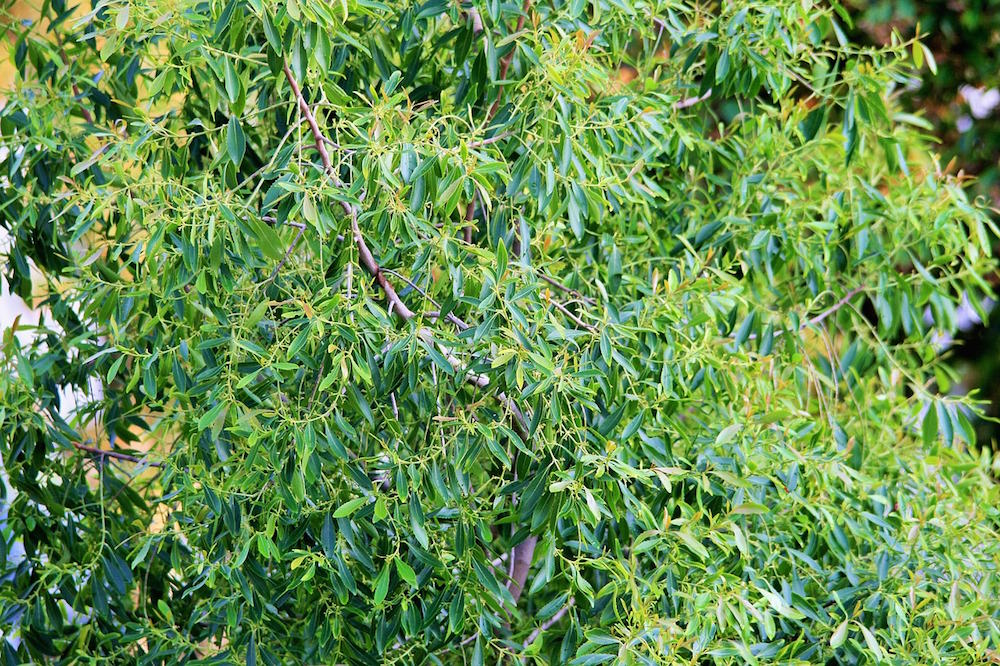
Vanilla Leaf
Achlys triphylla has small white flowers and is mainly found in Northern America, when dried it has a lovely vanilla smell and is used by native tribes of British Columbia as a mosquito repellent.

Stone root
Collinsonia canadensis – also known as Horseweed, Richweed, Hardhack, Heal-All, Ox-balm and Horsebalm. Stone root has been used for centuries for it's medicinal properties has a strong unpleasant smell, the plant root may be crushed and boiled to make an extract for mosquito repellents.
